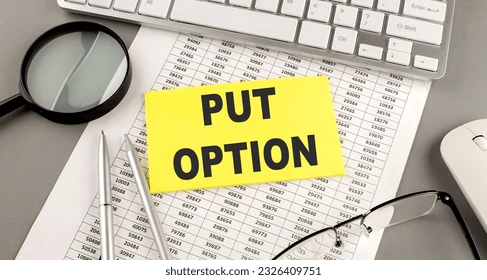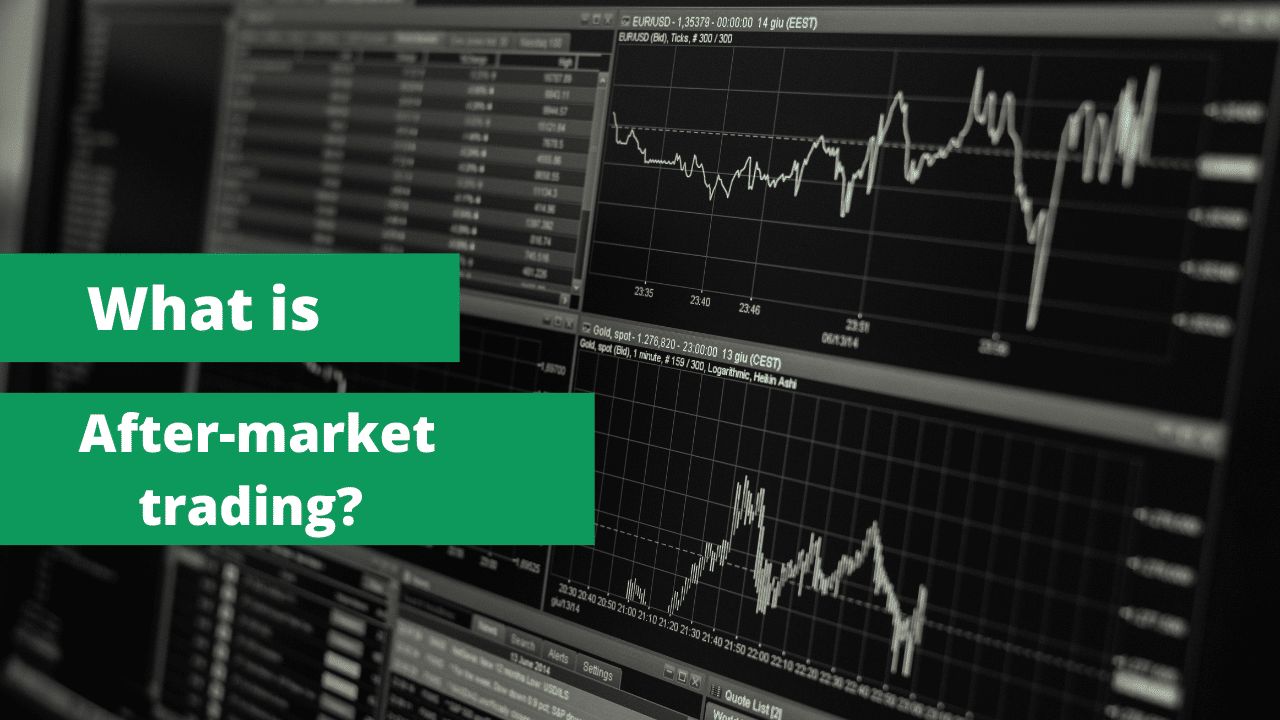Put options are an example of an option type whose value rises as a stock declines. With a put, the seller of the stock agrees to purchase it from the owner at that price, and the owner can lock in a predefined selling price. Puts are favoured by traders who want to make significant gains fast due to their ability to appreciate rapidly on even slight movements in the stock price.
The call option is the other main type of option. It is the more popular kind of option, and when the stock price rises, so does its value.
Also read: What is call options in the stock market?
Put Option: Meaning and Definition
With a put option, you have the choice—but not the obligation—to sell a stock at the strike price by a certain date and time, or until the option expires. The put buyer gives the seller a sum of money known as a premium in exchange for this right. An option ends at expiration and is resolved, either with some value left or expiring absolutely worthless, in contrast to stocks, which can exist perpetually.
Put Option: How does it work?
When the stock price at expiration is less than the strike price, put options are considered to be “in the money.” By selling the shares at the strike price, the put owner may exercise their option. Alternatively, the put option owner may sell it to a different bidder before it expires for fair market value.
When the premium paid at option expiry is less than the difference between the strike price and stock price, the put owner makes money. Assume a trader paid $0.80 premium for a put option with a $30 strike price, and the stock is $25 when the option expires. The trader has profited $4.20 from the option, which has a $5 value. The put is said to be “out of the money” and expires worthless if the stock price is at or above the strike price at that point. Any premium paid for the option is retained by the put seller.
How to Calculate Put Option Payoffs?
The ultimate gain or loss on a put option deal is contingent upon two independent factors:
First, the potential gains from executing the option.
The second is the original choice payment amount.
Note that the difference between the strike price and the underlying price represents the first component. Your cash gain at expiration increases as the underlying price declines relative to the strike price.
Payoffs for Put Option Buyers
The buyer of a put option has the option to sell the underlying asset at the designated strike price. In actuality, the buyer’s gain or loss on the option is entirely dependent upon the underlying spot price.
However, the buyer stands to gain a lot if the current price falls below the strike price at expiration. In other words, the buyer gains more money the lower the spot price drops. However, the buyer allows his option to expire if the underlying market price is higher than the strike price.
Usually, the buyer does this without exercising his choice. Thus, in this instance, the buyer’s loss is equal to the premium that was paid to purchase the put option.
The payoff for Put Option Sellers
The buyer of a put option has the option to sell the underlying asset at the designated strike price. In actuality, the buyer’s gain or loss on the option is entirely dependent upon the underlying spot price.
However, the buyer stands to gain a lot if the current price falls below the strike price at expiration. In other words, the buyer gains more money the lower the spot price drops. However, the buyer allows his option to expire if the underlying market price is higher than the strike price.
Usually, the buyer does this without exercising his choice. Thus, in this instance, the buyer’s loss is equal to the premium that was paid to purchase the put option.
Key Terms Relating to Put Options
| 1. Spot Price: In the stock market, it refers to the current price of the underlying asset.2. Strike Price: After a certain amount of time, buyers and sellers choose to purchase or sell the underlying asset at this price.
3. Option Premium: It is the sum that the option buyer pays the option seller up front and is not refundable. 4. Option Expiry: The final Thursday of each month is considered the expiration date of options contracts. 5. Settlement: Option contracts are settled as cash, in India.
|
What are the advantages of Put Options?
Using put options gives traders greater leverage than buying assets outright. This gives the investor the freedom to take calculated risks and speculate. The put option offers certain structured options that enable the investor to profit from position reversals in addition to hedging against unfavourable market conditions. Options may be traded in a variety of ways, including over-the-counter (OTC) transactions between private parties and in the form of standardized contracts on active, regulated exchanges.
What are the disadvantages of Put options?
It carries the risk of knowledgeable investors and a fiercely competitive market. Its intricate mechanism necessitates the assistance of experts. The investor will suffer significant losses if they are unable to comprehend the hazards involved.
[Please Note: Investments in the securities market are subject to market risks, read all the related documents carefully before investing.]



